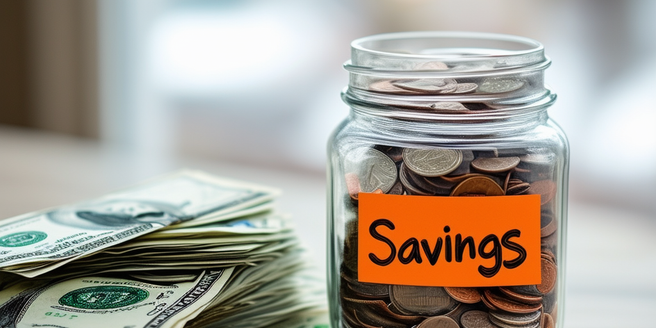Understanding Your Unemployment Benefits
Unemployment benefits are a type of state-provided insurance designed to provide temporary income to individuals who lose their jobs through no fault of their own. It’s not a complete salary, but it can act as a buffer to cover basic necessities until you find new employment. Utilizing this benefit can give you the peace of mind to focus on finding a job that suits your skills and needs. As part of this process, it’s essential to ensure your paperwork and documentation are in order, as any errors can delay or affect your payments. Understand your state’s rules on qualification, duration, and amount to maximize these benefits effectively.
Creating a Budget on Unemployment Benefits
Unemployment benefits offer a financial lifeline in uncertain times, and employing a strict budget ensures their optimal use. First, precisely identify your weekly or monthly benefit amount – it serves as your budget’s financial backbone, defining your expenditure’s scope and helping prioritize spending.
Upon knowing your total financial resources, deduct your fundamental, non-negotiable expenses, including rent or mortgage payments and everyday essentials like groceries, aiming for an average estimate for accurate calculations. Factor in utilities such as electricity, water, heating, and internet costs, and transportation expenses – subtract these from your unemployment benefit to gauge your available financial resources.
Once these essential costs are deducted, the residual amount should be judiciously used for non-essential expenses, like leisure activities, non-essential items, or savings. Make sure to exercise stringent financial discipline during unemployment to utilize your resources efficiently and maintain balanced financial health.
Cutting Costs and Saving Money While Unemployed
Facing periods of unemployment requires cost reduction in several areas to make the most of unemployment benefits. You may decrease money spent on leisure by opting for low-cost or free activities instead of premium ones. Consider more affordable alternatives for necessary items like food, clothes, and household commodities; think generic brands or second-hand items over name brands or new. Eliminate non-essential expenditures like luxury items and services that aren’t critical to daily life and wellness, instead, cook at home or opt for home-workouts. Remember, every dollar saved can be redirected towards essential needs like rent, utilities, food, or medication. Therefore, the overall goal of these actions is not merely about saving but rerouting resources where most needed.
Exploring Additional Forms of Income
Being unemployed doesn’t curb your potential to earn. Several part-time jobs or freelance work, aligned with your schedule and skills, could be a good source of supplementary income. Selling items no longer needed but still in good condition on various online platforms can provide extra cash, as well as declutter your home. If you’re enthusiastic about any hobby, like painting or baking, monetizing it can turn into a lucrative side business. However, it’s essential to familiarize yourself with the regulations about extra earning from your local unemployment office. This can prevent your side income from impacting your unemployment benefits. Thus, keeping yourself informed can help maintain your benefits and maximize your earnings.
How to Invest Wisely with Limited Resources
Starting an investment journey on a stringent budget might appear daunting, but even with limited resources, it’s not only possible, but highly beneficial in the long run. A strategic approach could involve making small, manageable investments in low-risk areas like index funds or government-backed securities, which generally offer stable returns. As your financial situation stabilizes and improves, gradually increase your investments, possibly considering higher-return assets but remember they often come with greater risks. It’s also vital to maintain a balance between your investments and your savings to ensure financial security and a safety net for any unexpected circumstances, which means avoiding a scenario in which all your income goes solely to living expenses and savings. Instead, earmark a portion for investments without disrupting your overall financial equilibrium. This balance is beneficial for navigating future uncertainties.
Preparations for Post-Unemployment Financial Stability
To plan for financial stability after unemployment, begin by initiating an active job hunt, which involves job applications, contacting potential employers, and networking. It’s essential to enhance your resume, as a well-designed one increases your chances for an interview. Also, focusing on refining your skills, taking relevant courses or enhancing soft skills increases your desirability to potential employers and negotiation skills for better pay.
Establishing an emergency fund is a key strategic move to safeguard financial stability, as it provides a safety net for unexpected expenses or periods of low to non-existent income. It serves as a financial buffer until you secure another job, preventing immediate financial stress.
Securing your future from financial instability involves setting reliable financial strategies, such as saving part of your income, diversifying income streams, or investing wisely. Proactive planning diminishes the financial impact of job loss. Unemployment doesn’t have to result in financial hardship; with diligent planning and proactive strategies, monetary stability and certainty can be maintained.



